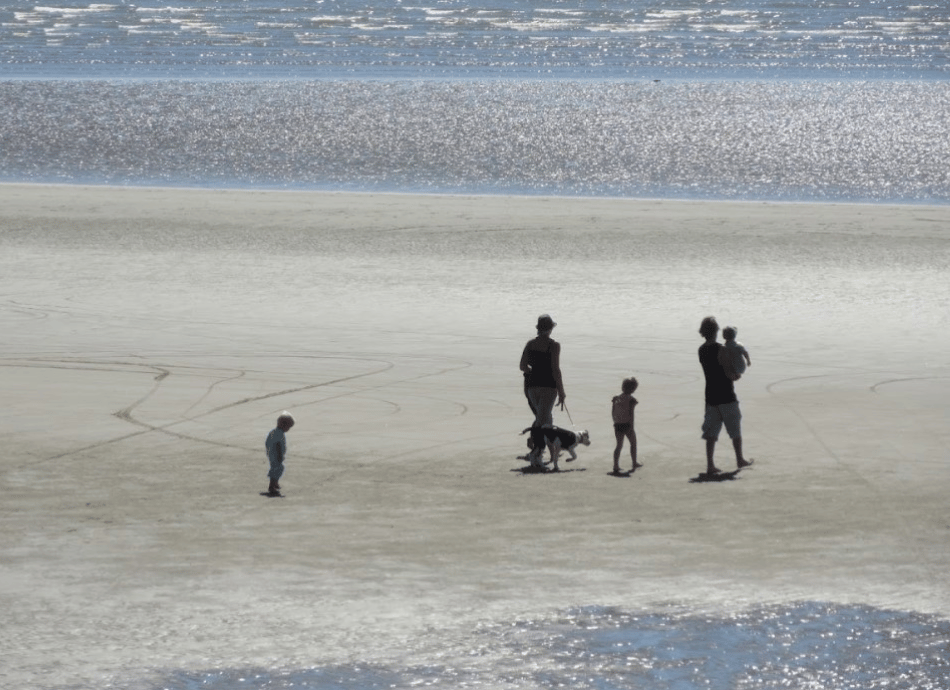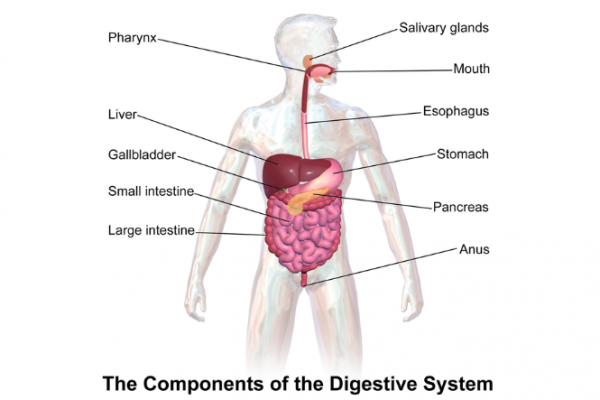Anal cancer
Key points about anal cancer
- Anal cancer is cancer that develops in the anus, mostly in older people.
- It’s probably caused by the human papilloma virus (HPV) so prevention by HPV vaccination is really important - especially to protect our tamariki.
- Symptoms including anal itching and bleeding and a lump which may be sore. Symptoms are similar to those of haemorrhoids (piles) so don’t assume that’s what you have, get checked out.
- People more at risk of anal cancer are those with a compromised immune system, smokers and those who’ve had HPV related conditions.
- Anal cancer is treated with chemotherapy and radiotherapy and the likely outcome is good if it’s caught early.

The anus is the last 4 cm of the digestive tract. The function of the anus is a sphincter to hold the bowel motion in the rectum until you wish to go to the loo. The most common type of anal cancer (more than 90%) arises from the cells lining the anal canal and is called squamous cell carcinoma.

Image credit: BruceBlausen Wikimedia Commons
There are some rarer types of anal cancer arising from the cells lining the rectum called adenocarcinomas and occasionally melanomas may occur.
Anything that can increase your risk is called a risk factor. Having one or more of these risk factors doesn’t mean you will develop anal cancer.
Risk factors include:
- Previous HPV conditions, eg, cervical treatment for cervical intraepithelial neoplasia (CIN), abnormal cervical smears.
- HIV infection
- Immune-modifying drugs such as those for organ transplantation
- Cigarette smoking
Even if you have no risk factors you can still develop anal cancer, most people who develop anal cancer have none of these risk factors.
The symptoms include:
- an itchy anus
- bleeding from your anus
- a lump on your anus which may be uncomfortable
- a mucous discharge from your anus
- loss of bowel control (bowel incontinence).
If you have these symptoms, many of which are similar to those of haemorrhoids (piles), talk to your healthcare provider. They will look at your anus and will take a biopsy (small sample) of any tissue that looks suspicious. If the biopsy confirms a cancer, a number of scans and tests are performed to determine how big the cancer is and to see if it’s spread anywhere else.
Most people with anal cancer are treated with a combination of chemotherapy and radiation given at the same time. . The treatment lasts around 6 weeks and then there’s a recovery period of weeks to months afterwards. The prognosis (likely outcome) of anal cancer is reasonable provided the cancer is confined to the anal area. In this situation more than 80% of people (8 out of 10) will be alive in 5 years.
Surgery is usually reserved for those whose cancer doesn’t fully disappear after the chemotherapy and radiation. The surgery performed is a big operation called an anterior posterior resection and involves the removal of the anus and rectum. As a result a permanent colostomy is made. Read more about colostomy.(external link)
Because anal cancer is mostly caused by the human papilloma virus (HPV), the best prevention is getting the HPV vaccination. In Aotearoa New Zealand this is available free to all tamariki and rangitahi up to the age of 26 years. Ideally, vaccination should be done at least 5 years before you become sexually active. Read more about HPV and HPV vaccination.
As smoking is a risk factor, quitting will reduce your risk.
Read more about things you can do to prevent anal cancer(external link).
The following links may provide you with more information about anal cancer:
Anal Cancer(external link) Anal Cancer Support Services Aotearoa (ACSSA), NZ
Kick Butt Cancer Facebook group(external link)
Anal Cancer Foundation(external link)
Anal cancer(external link) American Cancer Society
Questions to ask your doctor after an anal cancer diagnosis(external link) Anal Cancer Foundation
References
Anal cancer and anal canal cancer(external link) DermNet, NZ
Anal cancer(external link) Bowel Cancer NZ
Credits: Dr Mary Birdsall
Reviewed by: Healthify editorial team. Healthify is brought to you by Health Navigator Charitable Trust.
Last reviewed:
Page last updated:





